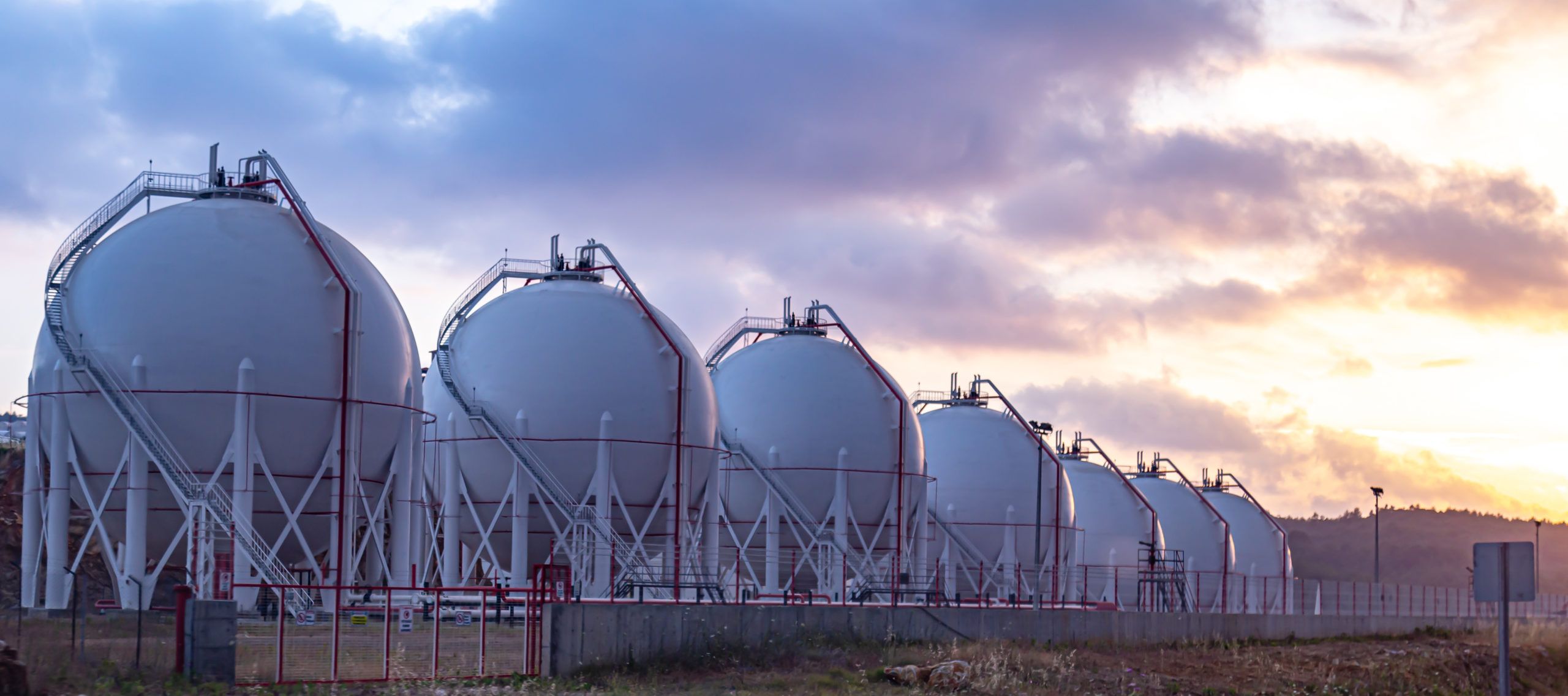MP 1.304/2025: Commercialization of Natural Gas from the Union, Reinjection of Natural Gas and Infrastructure Financing
The National Congress approved the transformation of the Provisional Measure (Medida Provisória) No. 1,304/2025 (MP) into the Bill of Conversion 10/25 (PLV), subject to presidential sanction until November 24, 2025, which modifies natural gas regulation, aiming to facilitate its commercialization, maximizing production utilization and creating a financing mechanism for the sector’s strategic infrastructure.
PPSA and Commercialization of Federal Natural Gas
With the amendments introduced by the MP, Pré-Sal Petróleo S.A. (PPSA) will be authorized to execute contracts covering the stages of gathering, transportation, processing, treatment, refining, and conditioning of the Federal Government’s oil and natural gas, pursuant to its article 45-B.
In addition, under commercialization agreements between PPSA and a marketing agent, the ownership or possession of natural gas, LPG and other derivatives may be transferred on an onerous basis to such agent. The parties may also agree that the delivery of the natural gas to the final buyer will be carried out by the marketing agent.
If Petrobras acts as the marketing agent, PPSA may: (i) transfer ownership or possession of the Federal Government’s natural gas to Petrobras prior to the Integrated Gathering System (Sistema Integrado de Escoamento – SIE); and (ii) reacquire ownership or possession of the processed products after their exit from the Integrated Processing System (Sistema Integrado de Processamento – SIP).
Article 45-B introduces an unprecedented framework for PPSA’s participation in the natural gas supply chain, allowing purchase, sale, transfer, reacquisition and delivery arrangements that were not included in the previous legal framework. Although the provision establishes general legal parameters, several operational, regulatory and tax aspects still require further clarification and may depend on supplementary regulation by the competent authorities.
The expansion of PPSA’s statutory prerogatives is expected to generate relevant developments across the natural gas value chain. From an operational standpoint, the possibility of transferring and reacquiring ownership or possession of natural gas at different stages — including prior to gathering and after processing — may require new logistical and operational arrangements, adjustments to gathering and processing contracts, and further coordination with operators regarding measurement, accounting and product specifications.
From a regulatory point of view, the redistribution of roles in the commercialization of natural gas may require a deeper alignment between the National Agency for Petroleum, Natural Gas and Biofuels (Agência Nacional do Petróleo, Gás Natural e Biocombustíveis – ANP) and the National Energy Policy Council (Conselho Nacional de Política Energética – CNPE) regulatory frameworks, specifically related to the governance of integrated gathering and processing systems and the definition of volumes made available to the market. Regarding tax and accounting matters, the structure introduced by article 45-B, upon admitting multiple instances of onerous transfer among PPSA, the marketing agent and the final buyer, raises questions regarding the potential tax triggering events, valuation of transactions and revenue recognition.
These matters still rely on specific regulation and regulatory standards, which will be essential for the practical implementation of the new operations established by the provision.
Financing of Strategic Infrastructure
The Pre-Salt Social Fund (Social Fund) surplus may be used as a source of funds for reimbursable credit lines for strategic infrastructure investments in the natural gas sector. These lines will be provided by federal financial institutions, which will assume the operational risks and offer them to private companies.
Moreover, the CNPE will also be responsible for establishing the guidelines on what constitutes “strategic infrastructure”, and the CMN (National Monetary Council) for defining the financial conditions, terms, charges, deadlines, as well as any other regulatory directive for the credit lines.
Therefore, the MP aims to use the Social Fund to leverage the growth of the natural gas sector, together with the legal certainty arising from the strategic and financial definitions established by the CNPE and the CMN.
Governance on Natural Gas Reinjection
The current wording of the MP provides that the CNPE may establish limits on natural gas reinjection in projects located in areas not yet tendered. Gas reinjection plays a significant role in reservoir management, contributing to pressure maintenance, recovery efficiency and overall asset integrity — aspects traditionally assessed by the ANP on a case-by-case basis during approval of Development Plans (Planos de Desenvolvimento).
Any eventual definition of general parameters by the CNPE may require adjustments in the coordination among the competent bodies and involved agents, particularly in the articulation between the CNPE, the ANP and the operators. This is because the technical assessment of reservoirs involves geological and operational variables specific to each field, which directly influence the evaluation of the alternatives for the utilization or reinjection of natural gas.
New Objectives and Guidelines in the National Energy Policy
The CNPE will be responsible for the national policies and specific measures related to:
- promoting and guaranteeing, on a sustainable basis, the maintenance, modernization, and expansion of the national hydroelectric potential, recognizing its structural relevance for energy security, tariff moderation, and regional integration;
- ensuring the promotion, on a sustainable basis, of the maintenance, modernization, and expansion of the rational use of the national hydroelectric potential, whose role is recognized as structural for energy security, tariff moderation, and national integration; and
- maximizing the utilization of the national natural gas production.
Final Submission
The PLV arising from the MP was submitted to the Federal Government’s appreciation after its approval by Congress. The deadline for presidential sanction is November 24, 2025.
The Federal decision will outline the Presidency’s intentions regarding the operational, financial, and regulatory guidelines, which will have implications across the entire national natural gas supply chain, seeking to foster competitiveness and expand Brazil’s energy development.
CMA’s Energy and Natural Resources team remains available to provide further clarifications on the matter.


Comentários